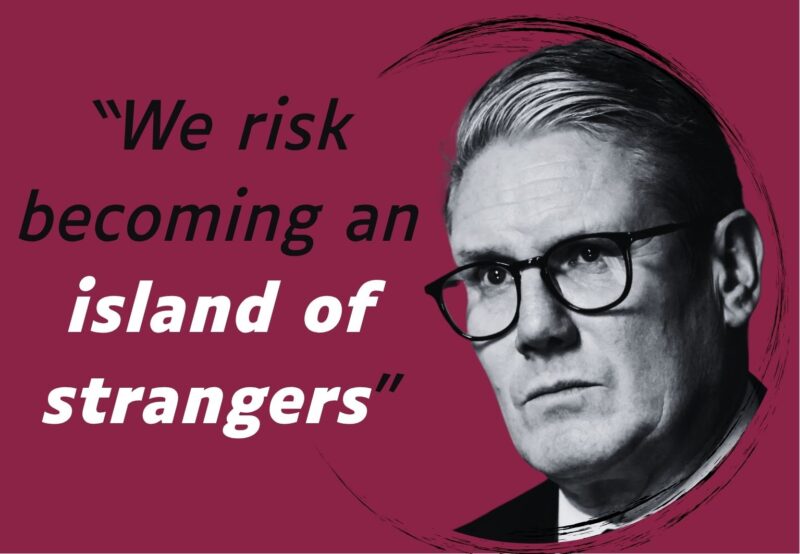The fight is on! Mass strikes planned for 30 June
 Around 750,000 workers will be taking strike action on 30 June. Whilst the media and government go crazy with anger we need to prepare to make the strikes solid and massive – writes Simon Hardy
Around 750,000 workers will be taking strike action on 30 June. Whilst the media and government go crazy with anger we need to prepare to make the strikes solid and massive – writes Simon Hardy
The results are in and workers have voted overwhelmingly for strikes on June 30 – with more strikes lined up for the autumn. The civil servants union, the PCS, with 290,000 members, saw a 62 per cent yes vote for strikes, a figure, which rose to 83 per cent when those for action short of a strike were added.
In the NUT 92 per cent voted for strike action whilst 83 per cent said yes in the Association of Teachers and Lecturers ballot. These two unions have a combined total of about 450,000 members including teachers in the private sector. They are joined by the 120,000 strong UCU whose members in further education colleges and the ‘post-92’ universities, will take action on June 30. The RMT too will be striking on the London underground in defence of victimised tube driver Arwyn Thomas having won a ballot by a 2 to 1 majority.
So 30 June is shaping up to be a historic day of united cross-union resistance to the cuts.
PCS General Secretary Mark Serwotka stated “If you’re going to defend yourselves it obviously makes sense that you make common cause with council workers, health workers and teachers because we all face the same attacks.”
Even the right wingers within the union leadership, some of whom have spent more time over the last year witch hunting militants rather than mobilising their members to defend their jobs and pensions, are suddenly talking tougher, under pressure from below. Dave Prentis, general secretary of the biggest public sector union Unison, with 1.3 million members, says his union is “on the road to industrial action” over pensions.
With Unison’s conference coming up he says the union will ballot its members in local government, health care, education and the voluntary sector for strike action if no agreement with ministers is reached in talks on 27 June.
Public sector workers are striking a blow for all of us and we need to support them. The pension attack by the government is an attack on everyone’s future. The entire movement – trade unions, anti-cuts campaigns, unemployed groups, students and community organisations that depend on funding – should come together on the streets and in the squares to provide solidarity and support.
We need to copy the movements of “the indignant” in Spain and Greece and take direct action to denounce the democratic deficit of a parliament imposing cuts to jobs, pension, wrecking the NHS and public education when there was no mandate for such actions given by the electorate a year ago. But it is essential to build mass mobilisations, occupation and mass strikes organised from below to take on the government.
The huge yes votes will make it very hard for the union leaders to call off strikes if they are offered yet more negotiations by the government, which some of the union chiefs no doubt will be.
But the political leaders of the labour movement are not just lagging behind the unions. They are refusing to join the struggle at all. Labour leader Ed Miliband tweeted his failure to support the strikes: “Strikes are a sign of failure on both sides. Government needs to get round table not ramp up rhetoric.” No Ed, strikes are a sign that the workers are standing up for themselves and refusing to be bullied by bosses, bankers and Bullingdon boy politicians!
But it is clear to everyone else Cameron and Maude’s negotiations are a total sham, designed simply to confuse and demoralise workers and impede action.
The only thing that can stop the Coalition’s cuts is all out, united strike action against them, a mass strike wave, indeed a general strike, with the clear aim of bringing government down. 30 June must be the first step in this direction.






